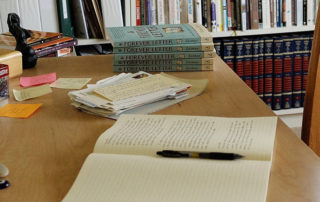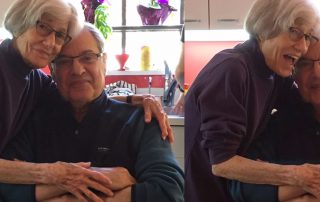Create A Forever Letter Writing Group
A friend of mine who read The Forever Letter, told me several months ago that she had several forever letters she wanted to write. To hold herself to it, she came up with an idea: What about starting a Forever Letter Writing Group that would function like a book group, meeting once a month for a year.
She didn’t get to the specifics of it, yet she did imagine that after reading The Forever Letter, the individuals in the group would set time aside to write forever letters to the different people in their lives that they wanted to acknowledge: people they were in touch with regularly, people they had not been in contact with for years, people they had issues with, people they were close to yet never quite as open with as they wanted to be, people they needed to forgive or from whom they needed to ask for forgiveness, people they wanted to uplift, people to whom they wanted to express their gratitude and love.
Her idea: forming a group would be a way for each member in the group to write 12 forever letters during the course of a year. The idea of a writing group—to hold each other accountable.
How would it work?
Each Forever Letter Writing Group can develop their own guidelines. Here are some ideas:
- Spend time together as a group writing to prompts, either from the book or of your own creation.
- Consider having a few people talk about persons they want to write to, and then the following month bring in the letters they have written and read their letters (or selections of their letters) to the group.
- Feedback may be offered if it is sought. Best to ask a specific question to elicit the feedback you are seeking. For example, “Am I communicating my love in a way that can be heard?” “What is your gut feeling when you listen to this paragraph?”
To remain active listeners to each other’s letters, and to hold each other’s stories of love, joy, pain, gratitude, and healing with love is a gift.
Not sure if my friend created such a group. I keep forgetting to ask. Last I heard, she had already written a few forever letters on her own.


